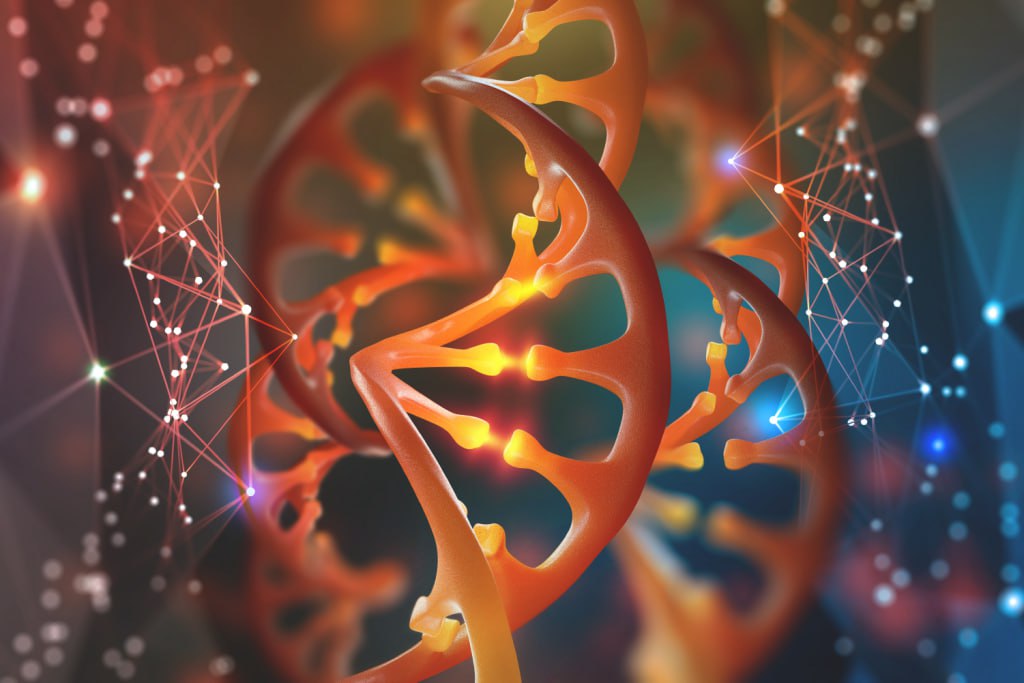
Blood glucose levels depend not only on diet and lifestyle, but also on genetic factors. They were installed by scientists from the Laboratory of Artificial Intelligence in Bioinformatics and Medicine of the Institute of Artificial Intelligence of Moscow State University as part of an international team of authors.
🧬 Analysis of glucose levels and genetic data of more than 470 thousand people made it possible to detect 120 genome regions in which replacements lead to changes in glucose levels. Previously, the role of 44 genomic regions in the regulation of glucose levels was not known.
🔬 Genes located in the found areas of the genome also affect lipid metabolism, the risk of developing type 2 diabetes, the presence of a number of bacteria in the intestines, and the levels of glycosylation of blood proteins.
💬 “Glycosylation is the addition of various complex carbohydrate polymers to protein. With our accumulated experience, we have discovered that substitutions in several of the genomic regions that lead to changes in glucose levels and diabetes risk are also associated with changes in the glycosylation of human proteins… The results add to the picture of the architecture of genetic regulation of glucose levels and may help in the development of new drugs drugs,” said one of the authors of the study, Sadbo Sharapov.
More details on the RAS website.
